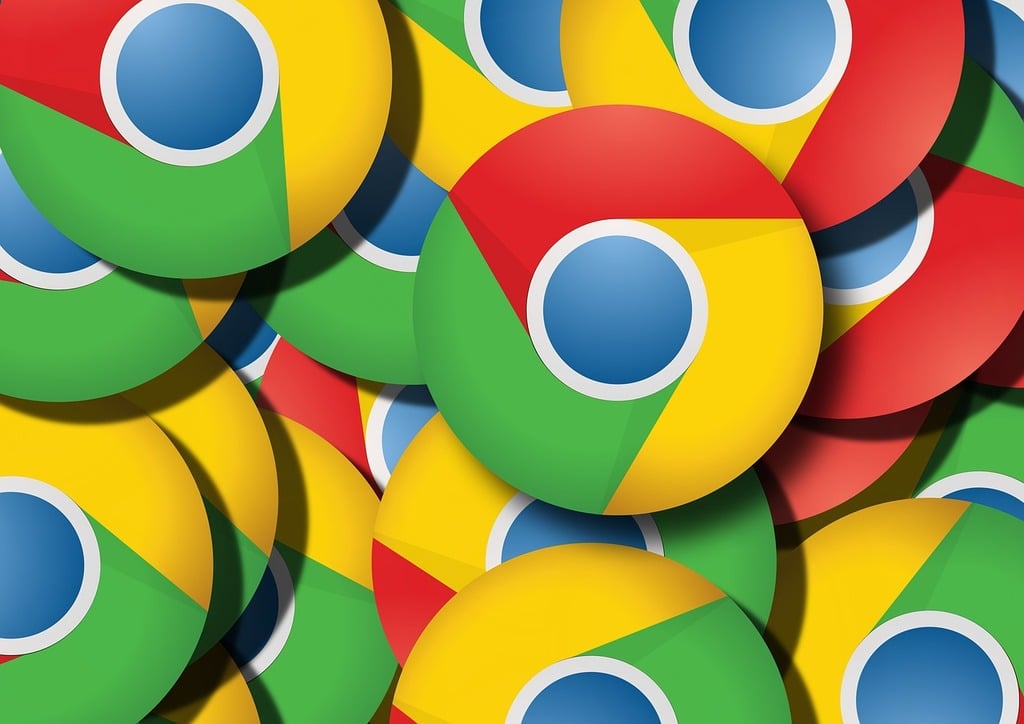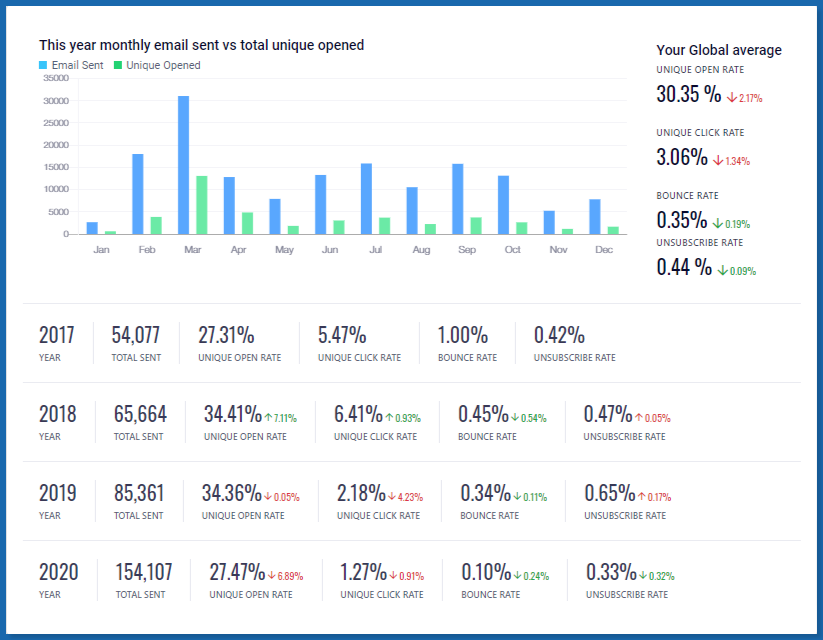Chrome Update 2025: What’s Changed, What’s Improved, and What to Know Before You Download
Google just rolled out the latest Chrome update—and while most users will let it install quietly in the background, this version deserves a closer look. Whether you use Chrome daily for work, browsing, or running your business, this release brings some notable changes worth exploring.
Here’s what’s new, what’s improved, and what to consider before you update—or switch.
What’s New in the Latest Chrome Update?
The 2025 Chrome update introduces several small but meaningful shifts in how the browser looks, feels, and performs. Most aren’t dramatic on the surface—but they’re shaping how the browser works behind the scenes.
1. Streamlined Memory Use
Chrome has long been criticized for draining system resources. This update introduces refined memory management for both active and background tabs. Most users will notice smoother performance when multitasking or using Chrome for extended periods.
2. New Privacy Dashboard
A redesigned privacy panel now shows more detail about what each website tracks and offers one-click control to block, limit, or allow it. For casual users, it’s easier to use. For digital marketers, it’s another sign that transparency is no longer optional.
3. Tab Group Save + Restore
Tabs can now be saved as custom groups and reopened later—intact, labeled, and sorted. It’s a small change, but it’s already a game-changer for anyone working across multiple projects or research sessions.
4. Smarter Autofill (with AI Support)
Chrome’s autofill is now more predictive and context-aware. Form fields—especially on mobile—get filled more quickly and with fewer errors. It also now recognizes document upload fields and login forms more intelligently.
Pros: Why Many Still Choose Chrome as Their Default
Even in a crowded browser market, Chrome stays dominant. Here’s why the 2025 version still holds its ground.
-
Fast, Familiar, Reliable
Load times remain quick, and the UI is still the most intuitive for most users. -
Cross-Device Sync
Your bookmarks, history, passwords, and extensions sync effortlessly between desktop and mobile. -
Robust Extension Ecosystem
From productivity tools to AI-powered add-ons, the Chrome Web Store continues to outpace rivals in quality and quantity. -
Built for Google Services
If you use Gmail, Drive, Docs, or Analytics, Chrome feels like home. The integration just works. -
Security, Baked In
From sandboxing to phishing warnings, Chrome continues to push updates that keep casual users safer by default.
Cons: What to Watch For Before You Commit
Chrome isn’t flawless, and some of the old criticisms still apply—though Google is closing the gap.
-
Still Heavy on Resources
While improved, Chrome remains more demanding than alternatives like Firefox or Edge, especially on older machines. -
Privacy Trade-Offs Exist
Despite the new dashboard, Chrome remains tied to Google’s data ecosystem. For privacy-first users, alternatives like Brave or Firefox may feel more trustworthy. -
Extension Overload
A large library is a strength—but too many installed extensions can slow down performance. Many users forget what’s even running in the background.
Best Chrome Extensions to Try in 2025
The right extensions can transform your workflow. Here are top picks for power users, creators, and marketers.
1. Loom
Record your screen, camera, or both with one click. Great for walkthroughs, demos, or async communication.
2. uBlock Origin
Block ads, trackers, and unnecessary scripts. Clean pages load faster, and you’ll see fewer distractions.
3. ChatGPT for Chrome
Use ChatGPT inside any browser tab. Whether you’re replying to emails, drafting content, or summarizing pages, it’s like having an AI assistant on standby.
4. Keywords Everywhere
If you do SEO or content planning, this extension shows keyword volume and competition data right in your browser.
5. OneTab
Turn dozens of open tabs into a single list you can revisit later—freeing memory without losing your place.
Should You Download the Latest Chrome Update?
If you’re already a Chrome user, the short answer is: Yes, update.
-
Performance is smoother.
-
Privacy tools are better.
-
Extensions still offer unmatched flexibility.
If you’ve been considering a browser switch for privacy reasons, you might still want to compare Chrome to Firefox, Brave, or Arc. But for most users, especially those relying on Google’s ecosystem, Chrome remains the most efficient and consistent choice.
How to Check Your Chrome Version or Update It Manually
If updates aren’t automatic or you want to make sure you’re on the latest version:
-
Open Chrome and click the three-dot menu in the top-right corner.
-
Go to Help → About Google Chrome
-
Chrome will check for updates automatically.
-
Click Relaunch once it’s ready.
Chrome Is Still Leading—But Users Are Thinking Differently
The Chrome update in 2025 doesn’t reinvent the wheel—but it does tighten up performance, improve privacy, and keep Google’s browser ahead in day-to-day usability. At the same time, it’s clear users are becoming more intentional about how their browsers handle data, memory, and personalization.
If you’re sticking with Chrome, stay current. And if you’re exploring new browsers, you’ll still find many of Chrome’s strengths hard to leave behind.





